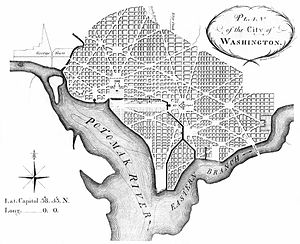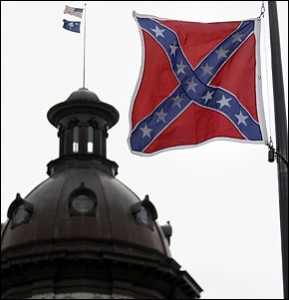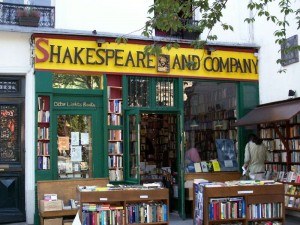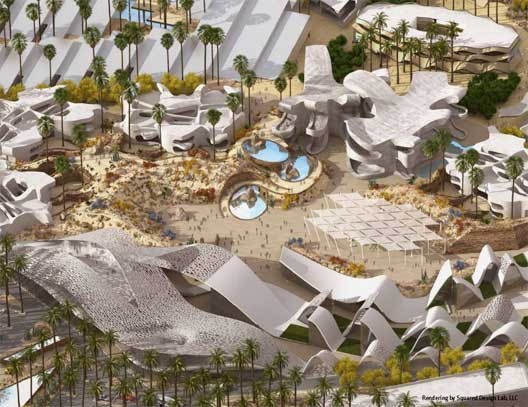Term Extension
human development : agriculture = rhetoric : urban planning
sketching the simile

The Greeks and Romans did it first. They fathered it and codified it. They treatised and rebutted. Aristotle wrote about it in Politics/The Rhetoric. I believe, at its best, it is a deliberate interrelating of form and content.1 It is theory and praxis. It appeals and responds to logic, emotion, and authority. It maps the ways in which we interact, the topoi/sites we connect with, and where our lives and beliefs run parallel, cross, merge, or fatally collide.
Rhetoric has been accused, somewhere around the baroque period of being nothing but ornamentation, like a tree–lined, well–paved road leading away from knowledge. The moderns built simply and took up black–and–white notions of objectivity. The mid–20th century gave us identification theory and communes. Twenty–first–century rhetoric offers activism and self–reflective research. It aims to produce as much as it consumes, injecting the field's relations to its objects of study with metaphorical sustainability.


descriptivism
"Traffic flow theories seek to describe in a precise mathematical flow way the interactions between the vehicles and their operators (the mobile components) and the infrastructure (the immobile component). The latter consists of the highway system and all its operational elements: control devices, signage, markings, etc. As such, these theories are an indispensable construct for all models and tools that are being used in the design and operation of streets and highways."
Revised Monograph on Traffic Flow Theory, Drs. Nathan H. Gartner, Carroll J. Messer, and Ajay Rathi under supervision of an Advisory Committee consisting of Mr. Richard Cunard (TRB), Dr. Henry Lieu (FHWA), and Dr. Hani Mahmassani (University of Texas at Austin)
the social good

"Cities import energy, water and food, burdening the planet with a heavy ecological load. The sustainable city should change this paradigm and become a source of production instead of consumption, thus enabling nature to flourish outside of its boundaries and increasing the efficiency with which energy and material are used."
"Planning the Productive City," Nels Nelson
- An interrelation I have to separate out in the process of HTMLing+CSSing this text.↑